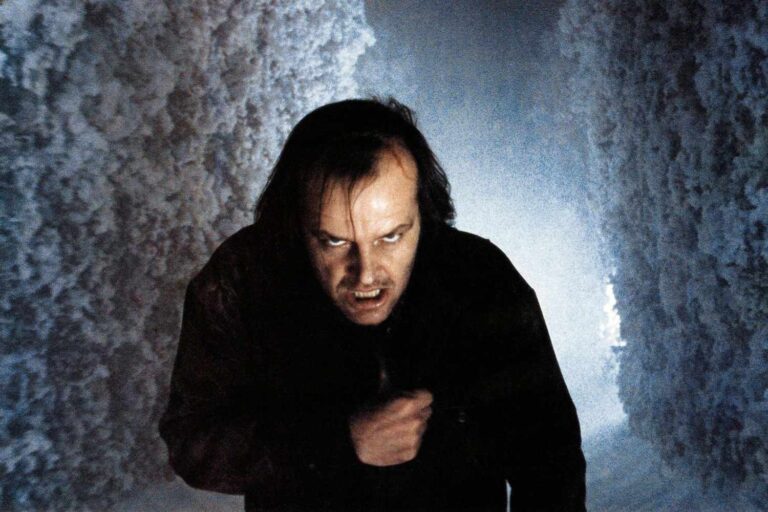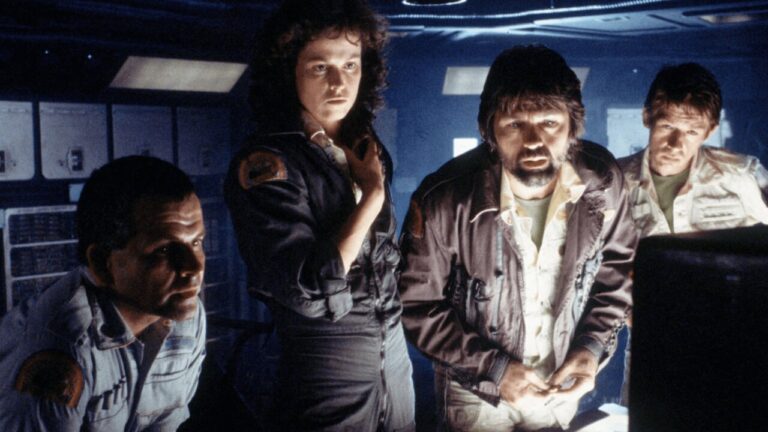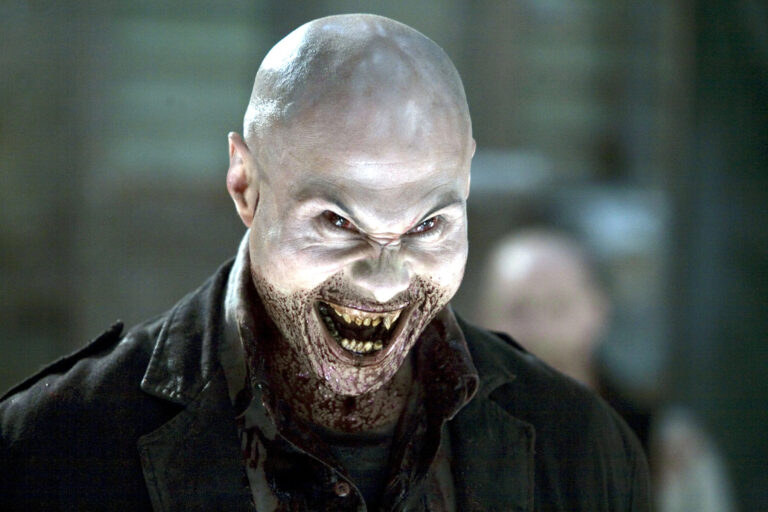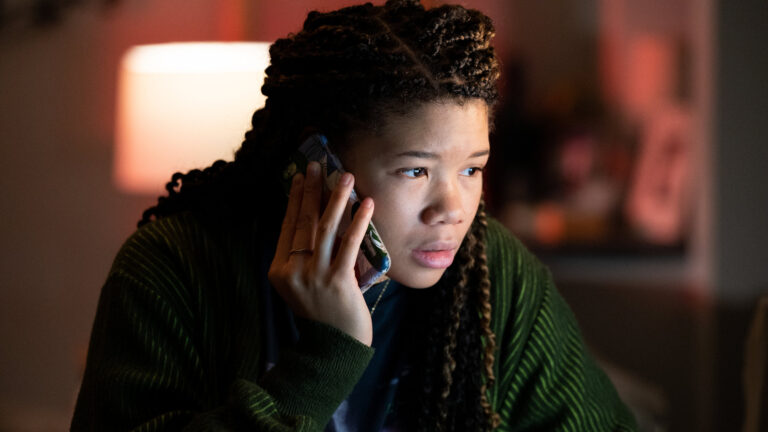When I first heard about Presence, I was immediately intrigued. A horror movie told entirely from the perspective of a ghost? That’s not something you see every day. With Steven Soderbergh directing and Neon handling the release, I had high hopes for a truly unique cinematic experience. And while the film does deliver on its innovative premise, it also left me feeling like something was missing.
The story follows a family, starring Lucy Liu and Chris Sullivan, who move into a new house, hoping for a fresh start. Of course, like most families in haunted house movies, they bring their own baggage with them. There’s tension in the air, and their daughter begins to feel like she’s not alone. But unlike most haunted house or ghost horror films, where we experience the supernatural through the eyes of the living, Presence puts us in the POV of the ghost.
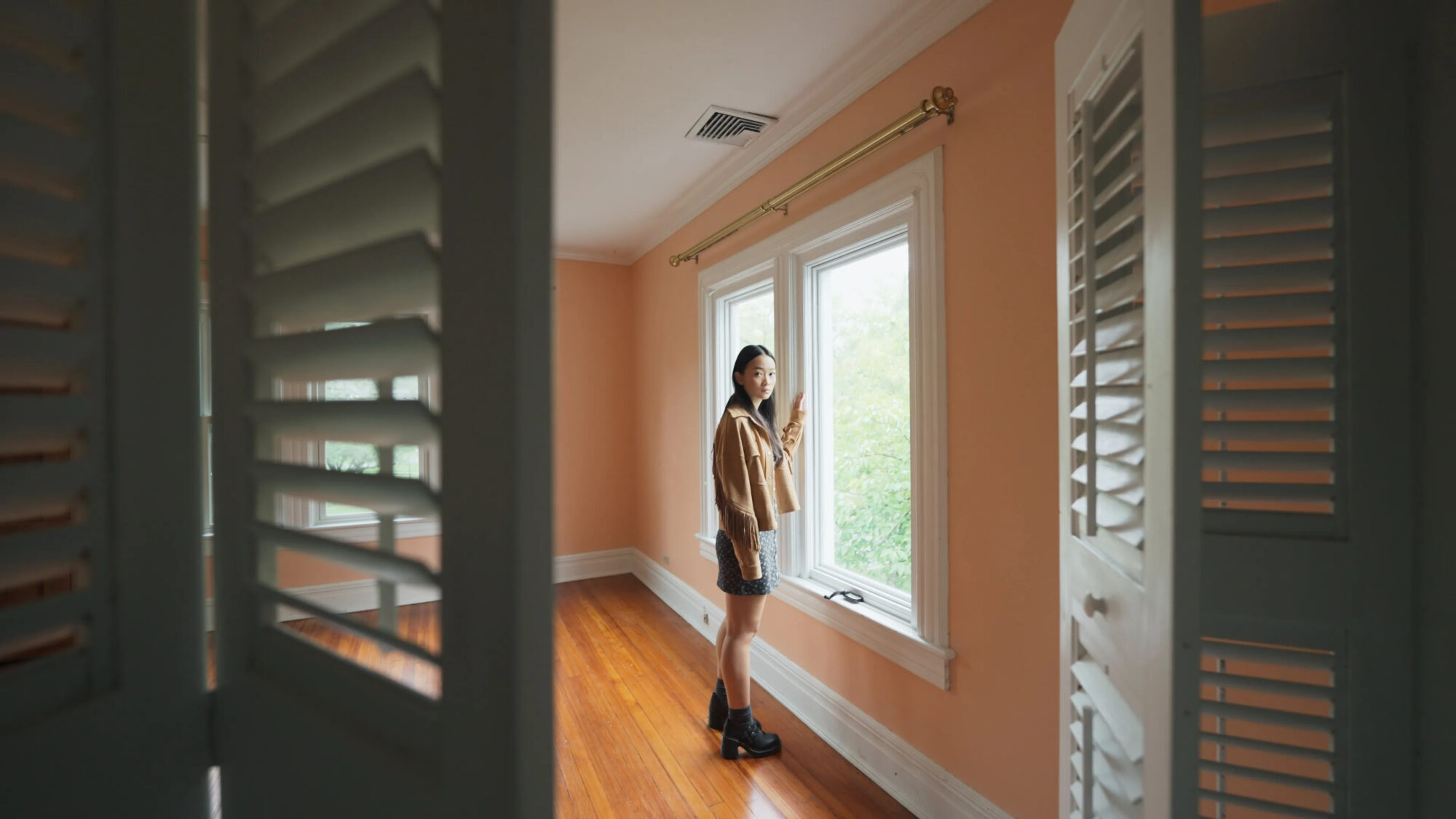
This perspective is easily the movie’s most fascinating aspect. Seeing the world through the eyes of the “presence” creates an eerie, voyeuristic feel where you can almost feel the sadness and loneliness. We’re not just watching the family—we’re trapped in the house with them, unable to interact, forced to witness their drama unfold. It’s a brilliant concept, and Soderbergh’s direction makes sure the camera work and framing seamless.
That being said, calling Presence a horror movie might give some the wrong impression. It’s horror in concept but not really in execution. There are no jump scares, no disturbing imagery, and very little in the way of actual horror. Instead, the movie leans more into psychological and atmospheric tension. It’s slow and methodical, focusing more on the family drama than on supernatural terror. That’s not necessarily a bad thing, but if you’re expecting a traditional haunted house movie, you might be disappointed.
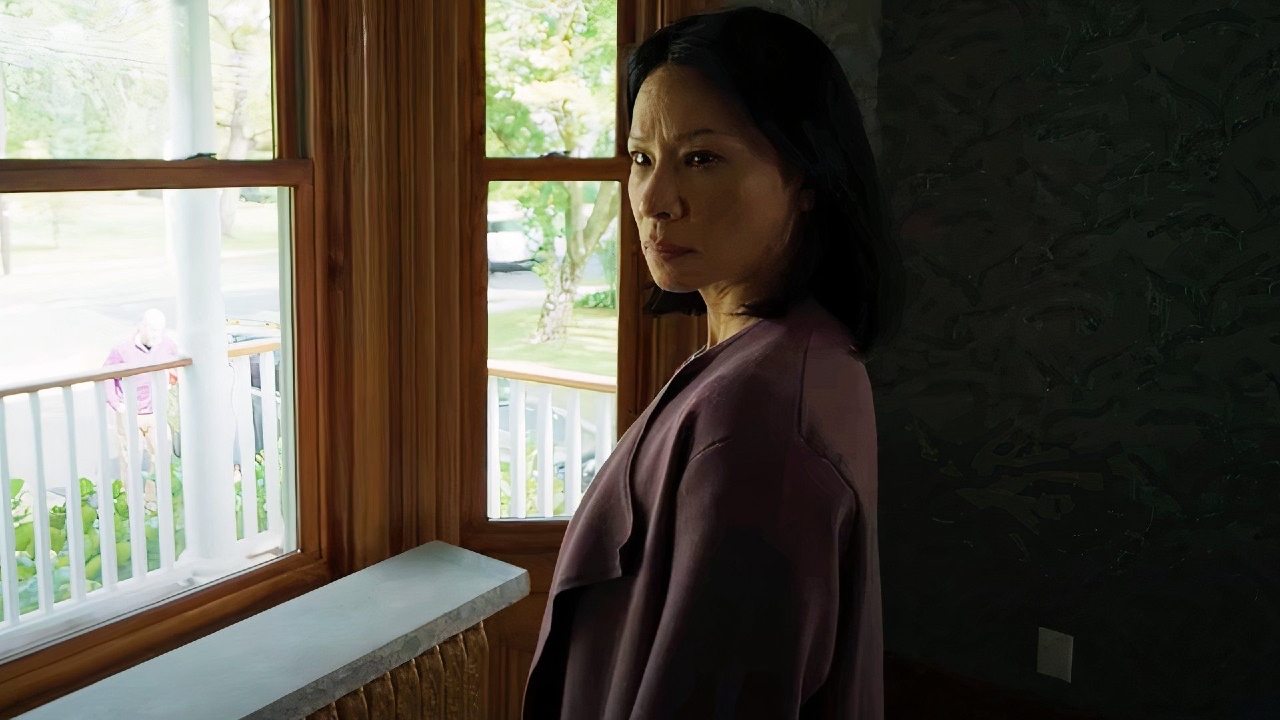
One of my biggest issues with the film was its ending. The mystery surrounding the ghost and its connection to the family kept me engaged, but when the climax finally arrived, it was over in just a few minutes. It felt rushed, almost as if the movie ran out of time and had to wrap things up quickly. I don’t think every movie needs a long, drawn-out finale, but in this case, an extra 10–15 minutes could have made a huge difference.
Another thing that didn’t quite land for me was the movie’s logic. At one point, the film explains that for the ghost, the past and present are happening simultaneously and that it has something it needs to accomplish. That’s an interesting idea, but the way it played out left me with more questions. When it was over I kept trying to understand how certain moments were supposed to fit together, and I’m still not sure I fully understood it.
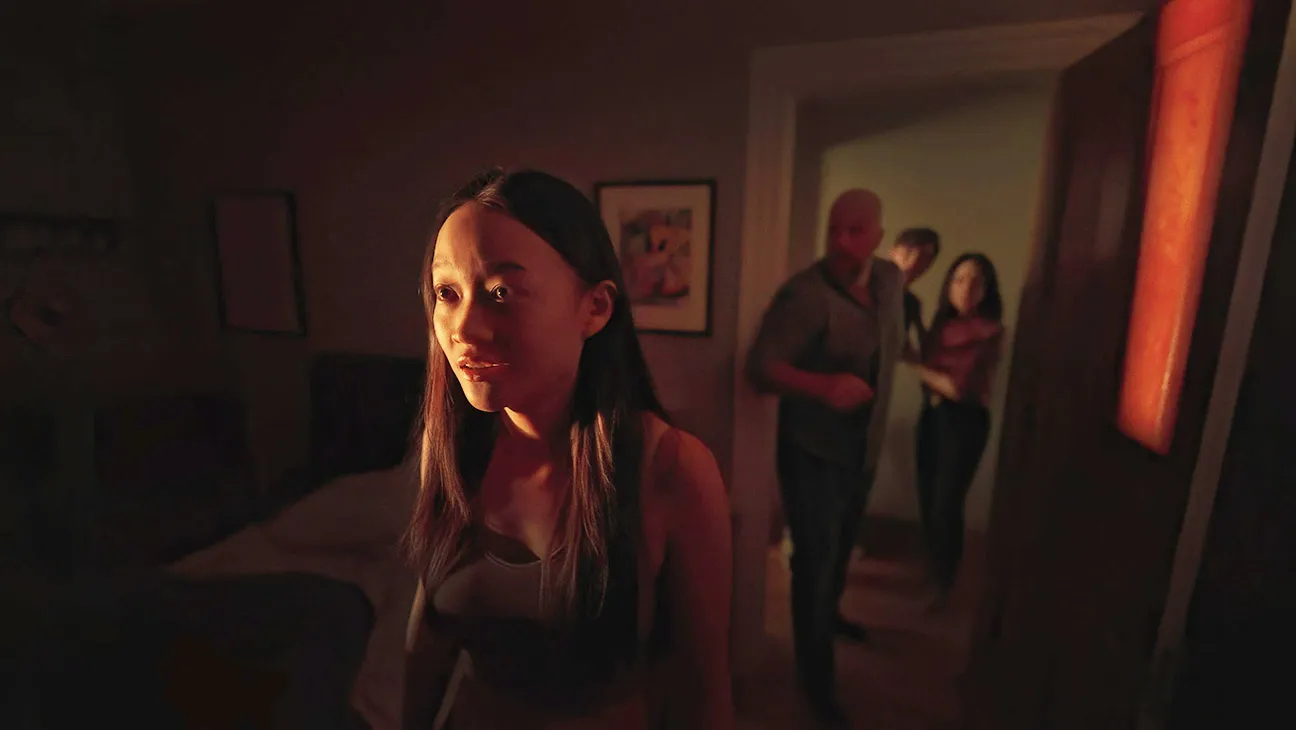
And then there were the characters. While the actors did a solid job, some of their actions and motivations didn’t always feel believable. There were moments where I questioned why they reacted a certain way or why they weren’t more affected by what was happening around them. It’s not a dealbreaker, but in a movie like this, where the family dynamic is so important, it did take me out of the experience a few times.
Overall, Presence is a really fun experiment that doesn’t entirely stick the landing. The unique perspective and Soderbergh’s direction make it worth watching, but the lack of scares, rushed ending, and questionable logic keep it from being a standout horror film. If you’re looking for a fresh, slow-burn take on the haunted house genre, it’s definitely worth checking out, but just don’t go in expecting a traditional horror experience.



